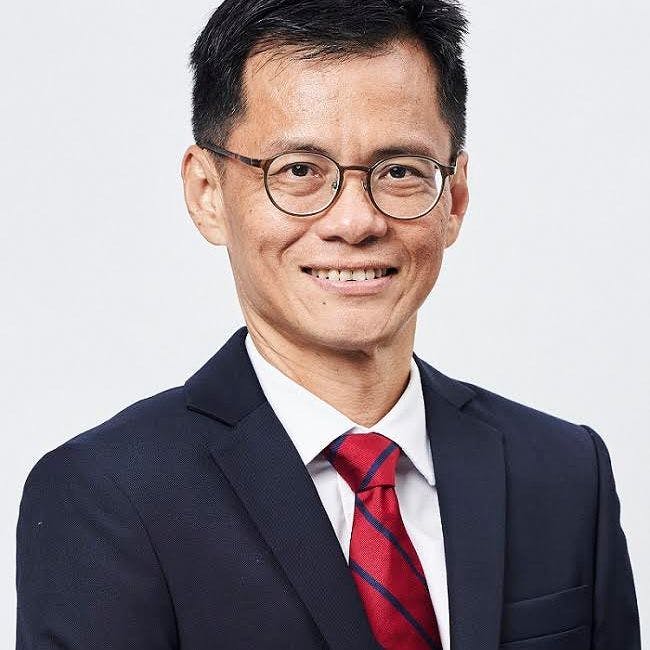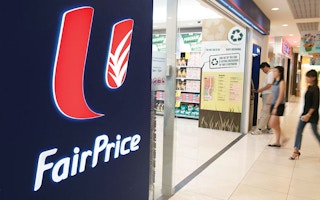Singapore’s largest food retailer and supermarket operator FairPrice Group has named its first chief sustainability officer.
It is the first grocer in Singapore to have a dedicated sustainability function in its team. Modelled as a social enterprise, FairPrice Group runs NTUC FairPrice, which is the largest food retailer in the country, with more than 100 supermarket stores and over 160 convenience store outlets island-wide.
Responding to queries from Eco-Business, the group confirmed that the former chief executive for its food services business Chan Tee Seng has taken up the new role, with effect from January 2023.
It said that the new appointment seeks to make sure that it can contribute to Singapore’s national sustainability agenda “in a more concerted way”.

Chan Tee Seng, former CEO for FairPrice Group’s food services business, has been appointed as the group’s first CSO. Image: FairPrice Group
Chan has held various leadership roles within Singapore’s trade union confederation NTUC and NTUC Enterprise. He was chief executive of NTUC First Campus, a childcare chain operated under NTUC, from 2009 to 2020.
Chan said: “Sustainability is at the core of our business, along with our social mission to moderate the cost of living for our customers.”
FairPrice Group currently has a sustainability framework that maps out its three goals – to provide affordable and healthy food for the population, to support the Singapore workforce and enable the underprivileged, and to build a circular and low-carbon economy, by ensuring that its product sourcing, production and consumption practices are sustainable.
Its 2021 sustainability report said that it aims to halve its carbon footprint and food waste, as well as save 60 million plastic bags by 2030. It was one of the first food retailers in Singapore to start charging for plastic bag use.
This year, all major supermarket chains in Singapore are expected to start charging shoppers at least five cents for each disposable bag they use.





















